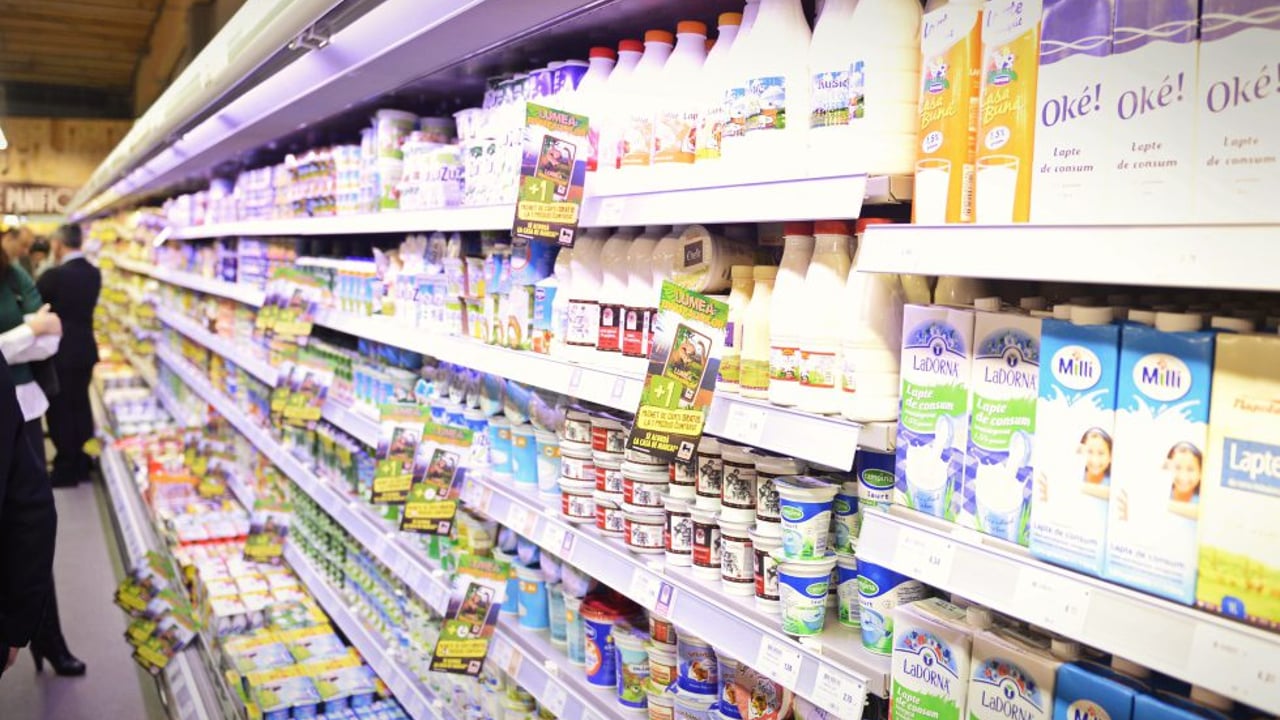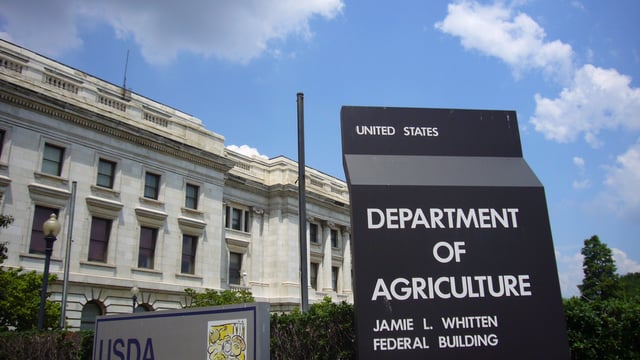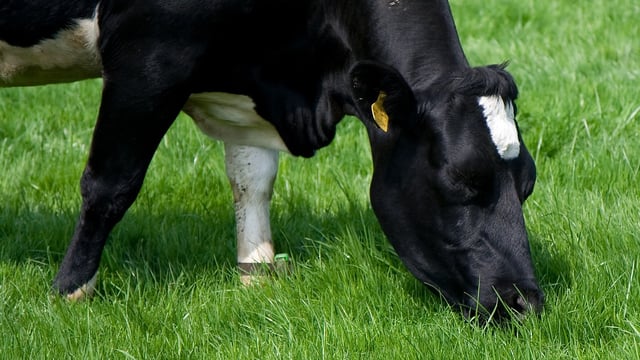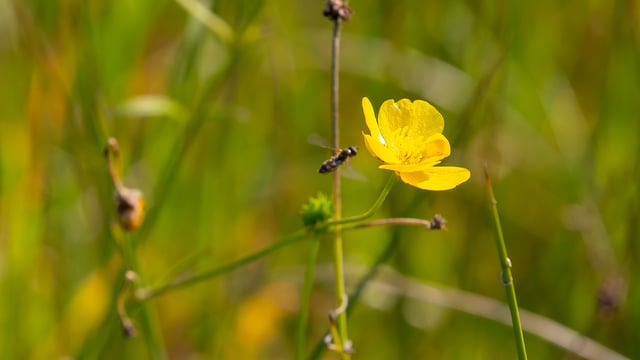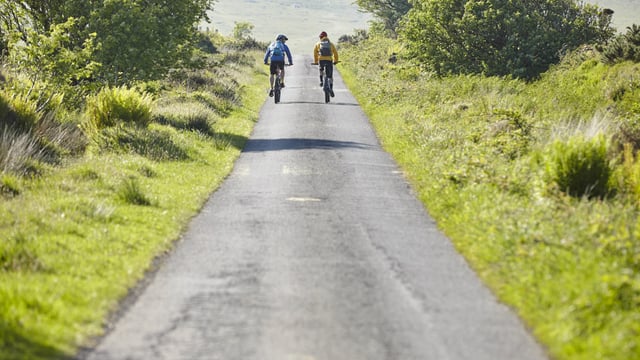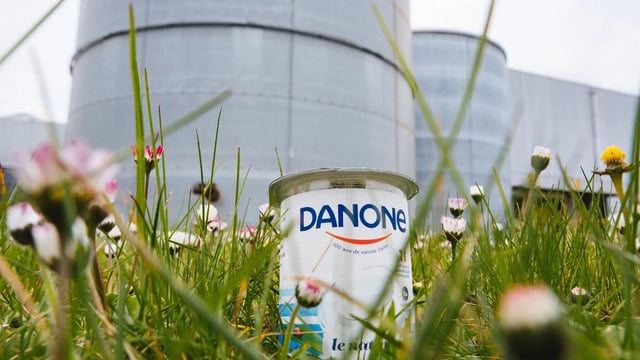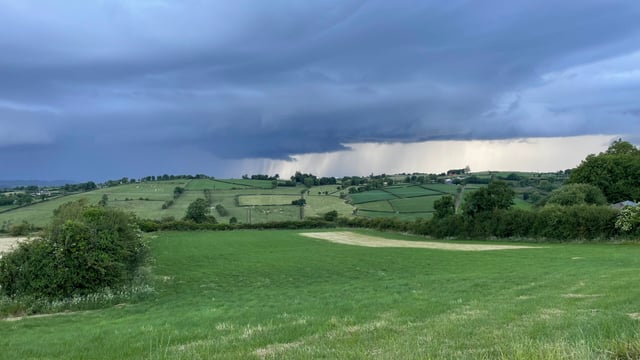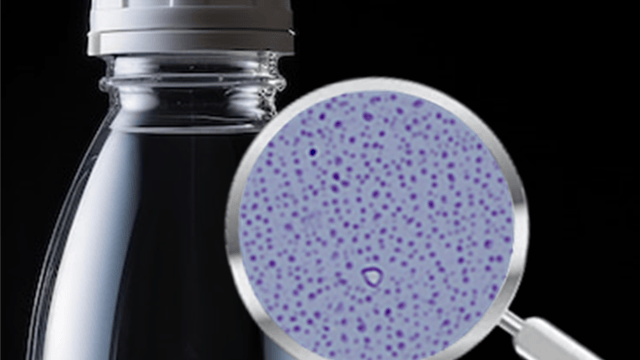Opinion: Where now for farm commodity prices?
Recent months have seen most farm commodity prices break through glass ceilings that nobody could have ever imagined being breached.
And, by the looks of it, there is yet more good news in this regard coming the way of Irish farmers over the months ahead.
And all of this is coming down to one fundamental fact - the world is running short of food.
And here is the interesting thing - consumers are not coming out on to the streets, complaining about the price of food in the shops.
The reality is that food has been too cheap for far too long. What we are seeing is a much needed realignment in the supply-demand chain.
And to their credit, shoppers are accepting of the fact that food prices must go up in the same way that every other product or service they procure are costed in ways that reflects the basic principles of economics.
Farm commodity prices
Meanwhile, farmers need to get the best possible price they can for their produce.
Farm gate returns have been under ridiculous pressure for the last three decades. If beef prices had kept up with inflation, finishers would be getting €10/kg today and milk would be up at around €1.40/L.
The argument that the Common Agricultural Policy (CAP) was compensating farmers for the EU’s commitment to a cheap food policy never held up.
And all the time, the real value of what the CAP was delivering at farm level has been diminishing in real terms.
So, yes, the scope for Irish farm gate returns to increase further during the period ahead is significant.
The last decade has seen lots of naval-gazing take place where climate change is concerned. The EU and national governments have expended lots of political capital on trying to put production agriculture at the very heart of the greenhouse gas (GHG) debate.
Everyone agrees that farming has a key role to play in protecting the planet for future generations.
But, in many ways, this is turning out to be a bit of a sideshow. The real priority for mankind moving forward is that of ensuring the planet can feed itself on a sustainable basis.
Disease threats
The 'bogeyman' here is not climate change, but rather the evolving spectrum of animal and plant disease that share the potential to wreak havoc within our food production and supply chains.
As a case in point, we now know that bird flu has crossed a number of species barriers and is causing huge fertility challenges within the international dairy and beef sectors.
Bluetongue is another disease that has the potential to wreak havoc within the ruminant sectors.
And, all the time, tillage farmers are running out of herbicide and fungicide options to allow them control weeds and crop diseases.
So, yes, we have seen momentous changes in the prices paid for food. And there seems every prospect of this trend being maintained.
Under these circumstances, it might be appropriate for Ireland’s farm stakeholder bodies to publicly acknowledge this reality in an open and honest way.
Showing consumers a degree of appropriate appreciation at this stage may well generate some much needed plaudits for Irish agriculture as a whole further down the track.

